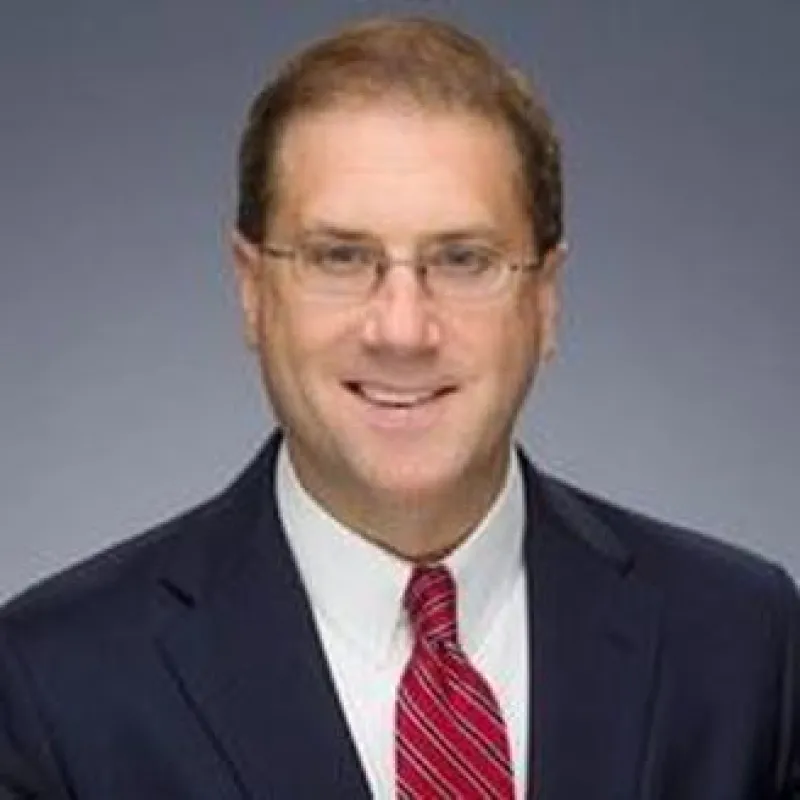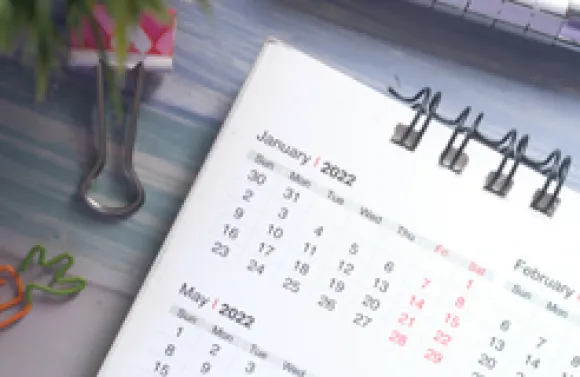The pandemic may be over according to President Biden, but as HHS Secretary Becerra said, “We still have a problem with COVID. We’re still doing a lot of work on it.” This prompted a series of questions – especially from States – on whether and when the COVID Public Health Emergency (PHE) might end. And employers are looking for answers, too.
(In a hurry? Scroll down to Key Takeaways!)
When Will the COVID PHE End?
According to an HHS spokesperson, “The COVID [PHE] remains in effect and HHS will provide a 60-day notice to States before any possible termination or expiration.”
This is something that we already knew, based on a more formal communication from HHS to States, informing States that they would be given 60-days advance notice of any announcement to end the PHE. States have NOT received any such notice.
So Where Do Things Stand Now?
On October 13, HHS officially extended the PHE past the mid-October deadline. The new deadline is mid-January 2023, which means we now know that the PHE will remain in effect for the next 3 months.
Will the PHE Be Extended Past Mid-January 2023?
There is a strong likelihood that the Biden Administration will announce – in mid-November – that the PHE will end mid-January 2023.
The speculation here is that the November mid-term elections will be over (i.e., the elections will be held November 8), and the “politics” associated with ending the PHE will not be as concerning to the White House as if an announcement to end the PHE came mid-August.
In addition, messaging that the “Pandemic Is Over” months before mid-November – in addition to issuing Q&As on how States should respond to any forthcoming announcement of the end of the PHE – is essentially providing States with even more advanced notice that the PHE will be ending, which is something that States, Exchange Leaders and other ACA supporters have been asking for.
For all of these reasons, my bet is that the PHE will NOT be extended past mid-January 2023, with notice to the States coming in mid-November.
Why is the End of the PHE so Important?
Well first, the requirement that individual and group market health plans provide free coverage for approved COVID tests and related services is tied to the PHE. Which means, once the PHE ends, cost-sharing for these types of medical items and services will shift back to the individual participant.
It is important to note that COVID vaccines are now considered “preventive” services under the ACA, so here, the end of the PHE will NOT increase participants’ cost-sharing if they get their COVID shot at an in-network facility. BUT, if the vaccine is administered by an out-of-network provider, participant cost-sharing will apply post-PHE expiration.
Now, One of the More Impactful Health Care-Related Measures Tied to the PHE is Medicaid Coverage. Why?
Until the PHE ends, States can access increased Federal money if the States did NOT – and do NOT – question a person’s eligibility for Medicaid. BUT, once the PHE ends, States are required to re-start their “eligibility determinations,” and on account of “re-determinations” for those individuals currently enrolled in Medicaid, a great number of these individuals (reports indicate up to 16 million) will NO LONGER be eligible for Medicaid, and thus, they will either have to (1) find health coverage elsewhere or (2) go without insurance.
Driven, in part, by concerns that those individuals losing their Medicaid coverage on account of a “re-determination” may end up uninsured, Congressional Democrats and President Biden successfully extended the increased ACA premium subsidy amounts and expanded subsidy-eligibility through 2025. This means that these “enhanced premium subsidies” will be available if and when an individual loses their Medicaid coverage upon a “re-determination.”
It is important to remember that when an individual loses their Medicaid coverage, this triggers a “Special Enrollment Period” through which the individual can purchase a subsidized individual market plan through an ACA Exchange (provided the individual is not offered an affordable/minimum value plan from an employer). As a result, the availability of these “enhanced premium subsidies” will be critical to ensuring that existing Medicaid beneficiaries who are not offered health coverage through an employer will have an opportunity to shift into some form of health insurance.
Last Question: What About the COVID National Emergency?
It is important to emphasize that the COVID National Emergency is different from the COVID PHE.
In short, the COVID National Emergency was extended on March 1, 2022 for one additional year, meaning the National Emergency is scheduled to end February 28, 2023, unless extended once again by President Biden.
The end of the National Emergency is important for employer-sponsored plans because the extended deadlines for HIPAA special enrollment requests and COBRA elections, premium payments, and notice deliveries are tied to the end of the National Emergency. Here, if the National Emergency lasts up to February 28, 2023, these extended HIPAA and COBRA deadlines are scheduled to end 60 days later (unless the employer-sponsor voluntarily extends these deadlines further, which is permissible).
Stay tuned as we continue to monitor any announcements about the end of the COVID PHE and/or the National Emergency, and any and all other issues impacting individual and group market plans.
Key Takeaways:
-
It's likely that the PHE will end mid-January 2023 and not be extended, with notice to the States coming in mid-November.
-
Once the PHE ends, cost-sharing for COVID tests and related services will shift back to the individual participant.
-
Once the PHE ends, any employee currently enrolled in Medicaid may lose their Medicaid coverage.
-
The COVID National Emergency is different from the COVID PHE. If the National Emergency lasts up to February 28, 2023, the currently extended HIPAA and COBRA deadlines are supposed to end 60 days later (unless the employer-sponsor voluntarily extends these deadlines further, which is permissible)


